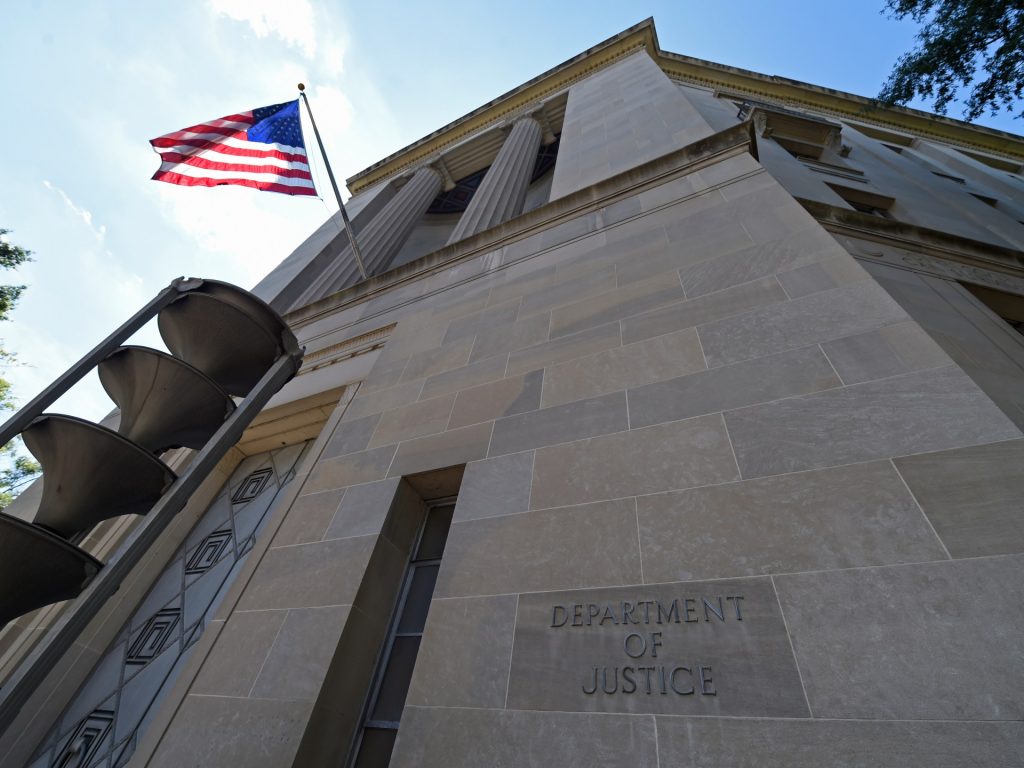Raul Gorrin Belisario, the owner of Venezuela’s pro-government Globovision news network, has been charged in the United States with taking part in a $1.2bn scheme to launder corrupt oil money obtained from Venezuela’s state-owned energy company, PDVSA. The indictment alleges that Gorrin received hundreds of millions of dollars in bribe payments in exchange for laundering the money. If arrested and convicted, he could face up to 20 years in prison. This is not the first time Gorrin has faced legal trouble in the US, as he was previously charged with money laundering and breaching the Foreign Corrupt Practices Act for bribing senior Venezuelan officials.
Gorrin, who owns a mansion in Miami, was placed on the US Immigration and Customs Enforcement’s Most Wanted List in 2020 for his alleged involvement in the corruption scheme. The indictment claims that Gorrin’s bribes to Venezuelan officials included wire transfers and funds for luxurious items like private jets, yachts, and luxury homes. The crimes fell under US jurisdiction because some of the bribery payments were planned from South Florida and transferred to accounts in Florida and New York. Despite being wanted by US authorities, Gorrin managed to evade arrest and was later reported to be living in Caracas, Venezuela’s capital.
The US government, a vocal critic of Venezuela’s President Nicolas Maduro, has targeted high-level Venezuelan officials who are accused of engaging in corruption. In September, the US imposed sanctions on 12 Maduro-aligned officials for their alleged involvement in fraud during the disputed presidential election. The opposition claims that the election results show that their candidate actually won, but the government declared Maduro as the winner. Gorrin’s case is part of a broader effort by the US to hold Venezuelan officials accountable for corruption and money laundering activities.
Gorrin’s alleged conduct is said to have enriched corrupt government officials and exploited the US financial system to facilitate the crimes. The indictment reveals a web of bribery and money laundering activities that involved significant amounts of money being transferred between Venezuelan officials and Gorrin. The US Justice Department’s criminal division, led by Principal Deputy Assistant Attorney General Nicole M Argentieri, is overseeing the case against Gorrin. Despite being at large, Gorrin may face severe consequences if he is apprehended and brought to trial in the US.
Gorrin’s legal troubles could have significant implications for both the Venezuelan government and Globovision, the media network he owns. The allegations of corruption and money laundering could tarnish the reputation of the media outlet and raise questions about its ties to the Maduro regime. The case against Gorrin also sheds light on the widespread corruption within Venezuela’s state-owned energy company, PDVSA, and the role of wealthy individuals like Gorrin in facilitating these illicit activities. The US government’s efforts to hold Gorrin and other Venezuelan officials accountable for their actions demonstrate its commitment to combating corruption and money laundering on a global scale.
As the case against Gorrin unfolds, it may reveal more details about the extent of corruption within Venezuela’s government and the role of high-profile individuals in facilitating these activities. The indictment of Gorrin and his alleged involvement in money laundering and bribery schemes highlight the challenges faced by countries like the US in combating transnational corruption networks. By targeting individuals like Gorrin and holding them accountable for their actions, the US government seeks to send a strong message that corruption and money laundering will not be tolerated, regardless of where they occur.















